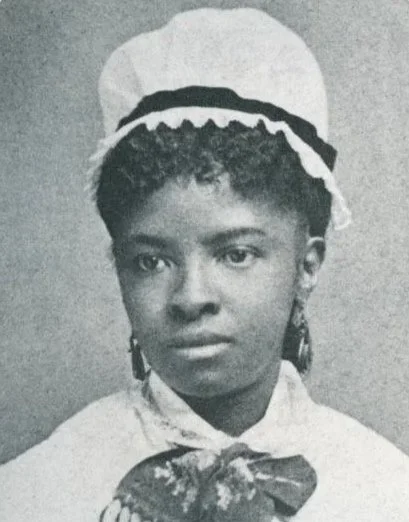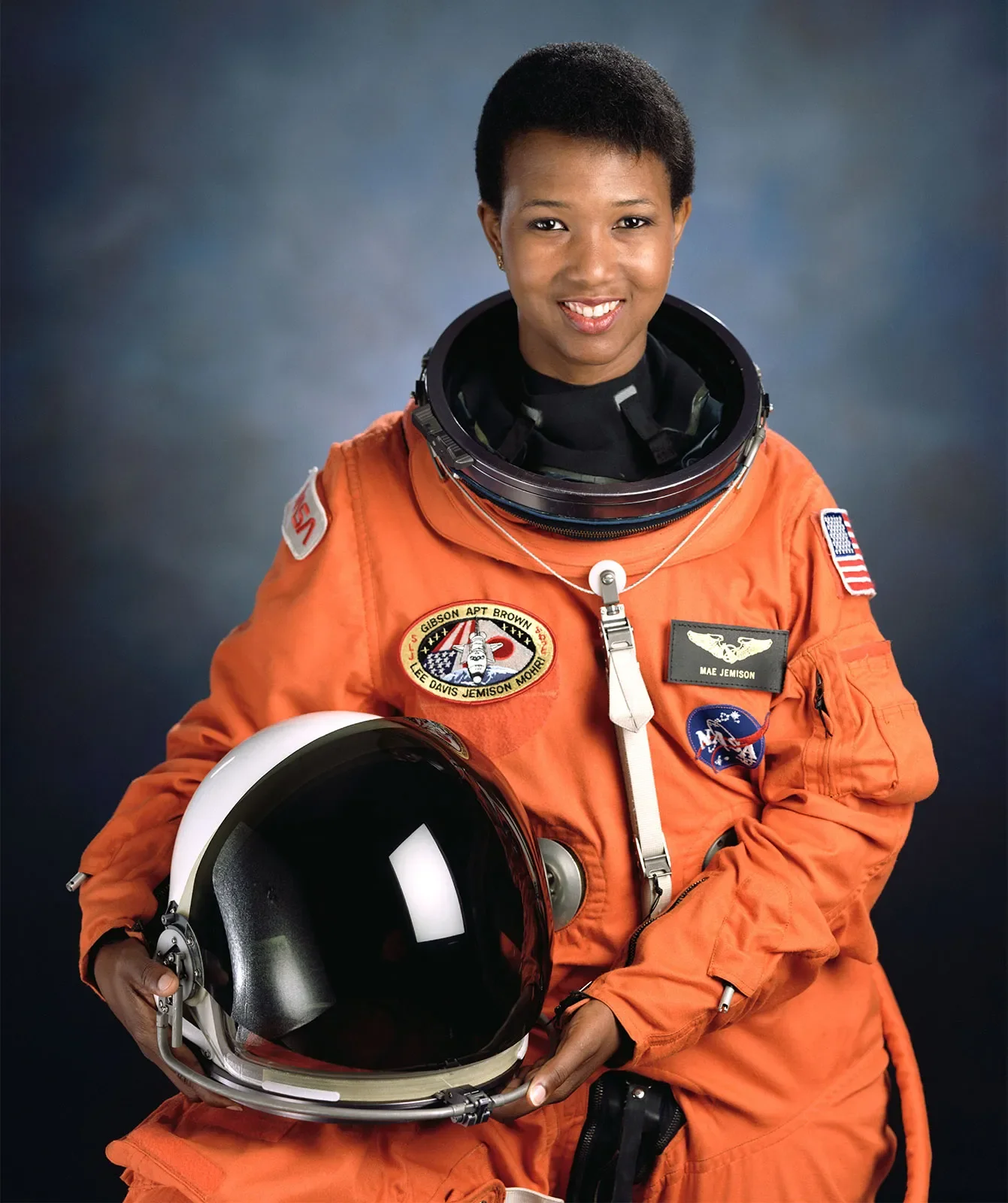Women in STEM
The representation of women in STEM has always fallen short in education and the workforce. According to census.org, women made up 38% of US workers with only 8% of them working in STEM fields in 1970. They soared to 48% of all US workers in 2019 and in STEM fields they increased to 27%. Although there has been an increase in women in STEM there is still so much underrepresentation, from historical figures that I, myself didn’t know about, to grand communities that build a safe space for every kind of woman. Breaking barriers for social norms is hard enough as is, but now with technology rapidly growing and expanding it’s much easier to educate and encourage young girls and women around the world to take a dive into the world of STEM.
Historical Figures
1. Maria Mitchell
As one of the first professors at Vassar College, Maria Mitchell was an astronomer & librarian who discovered a new comet in 1847 which not only was named after her but earned her a gold medal from the king of Denmark. She was a strong advocate for women’s rights & was elected to the American Association for the Advancement of Women.
2. Mary Elizabeth Mahoney
Mary broke racial and gender barriers as she was the first black woman to be a licensed nurse in the United States of America. She graduated in 1879 from the New England Hospital for Women and Children and in 1908 she co-founded the NACGN (National Association of Colored Graduate Nurses) alongside Martha Minerva Franklin & Adah B. Thoms.
3. Mae Jemison
In recent times, Mae Jemison was the first black woman to set off on a long voyage to space in 1992. Mae flew aboard the Space Shuttle Endeavour and conducted scientific experiments in orbit. She is a strong advocate for women in STEM as she strongly encourages and inspires women of color to pursue careers in science, technology, and beyond.
Why Representation Matters
Representation in any way is extremely important to fight stereotypes, affirm identity for certain groups, and showcase diversity. It’s about having a voice, visibility, and value. The impact this has on little girls all over the world to see other women succeeding in science, technology, engineering, and math fields is astonishing. Not only does it challenge stereotypes, it also shifts narratives, and encourages inclusivity.
Growing Community
The growing community of women in STEM is taking up all the space it needs, from online workshops to local meetups and everything in between, as well as workshops and mentorship programs. We are sharing and gathering to feel welcomed and to grow. Social media is also playing a HUGE role in our growing community. Hashtags like #WomenInSTEM & #GirlsWhoCode have given us a voice to share, connect, and empower one another. Knowing we are not alone and that others are rooting for our success.
Communities to join
If you’re just starting or have already established yourself well into your career, here are a few supportive communities you can join: Society of Women Engineers (SWE) - For over seven decades this organization has been providing scholarships, conferences, and career support to women in engineering. One of their missions is to empower women in engineering and leadership careers to reach their full potential. Black Girls Code - Focused on increasing the number of Black women in STEM by introducing young girls to computer science and coding through camps. BGC is set to encourage young black girls to step into the world of code. With sparking interests in elementary school to hands-on learning in middle school & high school, which turns into career pathways. Latinas in STEM - Founded in 2013 this organization has been reaching out to k-12 students to empower young girls to join career fields in STEM. Alongside that, they also offer mentorships for college students to navigate their educational & career goals, on top of which Latinas in STEM also work with early to mid-career professionals to grow. Girls Who Code - An international non-profit organization that mentors young women globally through summer camps, after-school clubs, college clubs, and a series of books.
It’s safe to say that women have always belonged in STEM. While we still have challenges to overcome and barriers to breakdown, representation & communities are growing with confidence & reassurance. Whether you’re a student or entrepreneur, know that your voice matters, your perspective and input matter, and know that you belong. As women in STEM grow more there will always be a place where you are supported, uplifted, and encouraged to take up the space you were meant for.



